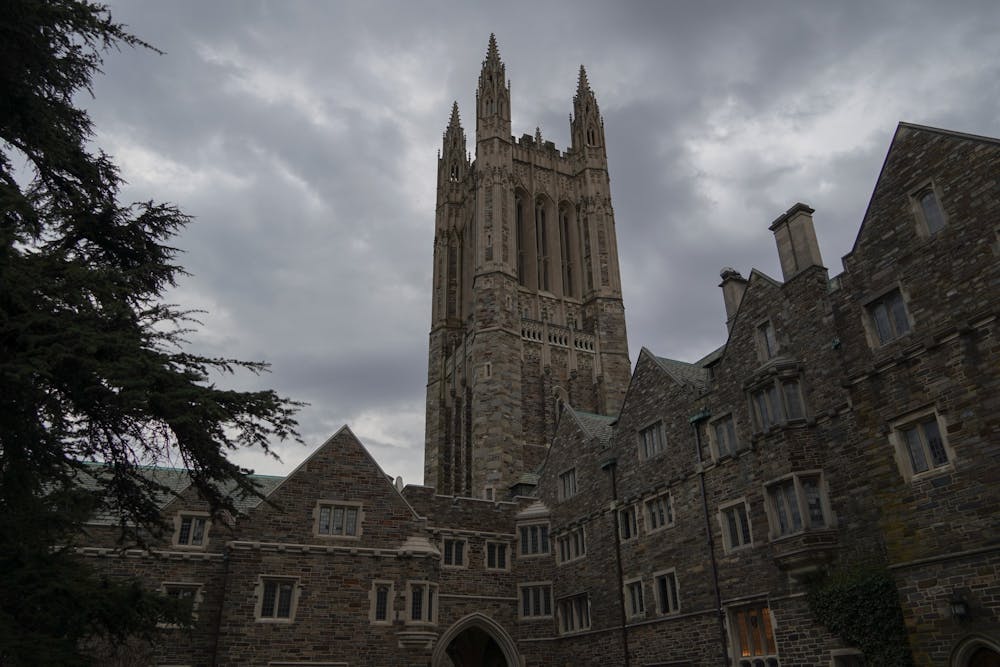Technology and academia are sectors that significant percentages of students seek careers in. Academia has been facing an increasing mismatch between applicants and positions. In the last ten years, the number of Ph.D.s granted by the University has slightly increased amid a nation-wide oversupply of Ph.D.s and a shrinking number of professorial job openings. Meanwhile, recent technology job cuts have led to concern among students in a traditionally robust fields.
The 2020–21 academic year had the fewest professorial job listings in history since 1975, when the American Historical Association (AHA) first started keeping records. The lack of openings is particularly prevalent in the humanities, which have grown less popular among undergraduates nationwide.
“Is it practical — or ethical — to admit new advisees?” asked Professor David Bell ’91 of the history department in a January column in the Chronicle of Higher Education. According to the AHA, out of 1,799 people who received a Ph.D. in history in 2019 and 2020, only 175 had landed full-time faculty jobs in a history department as of last fall (it is not clear how many are tenure track).
As it becomes increasingly difficult for Ph.D. students to find professorial jobs, many academics have come to question the structure of the job market.
A 2020 survey of faculty members in Ph.D.-granting political science programs at English-speaking Canadian universities found significant support among faculty members for reducing the number of Ph.D. students admitted. Professors in the survey also expressed support for reforming curriculum to ensure graduates cultivate skills transferable to non-academic environments.
Bell, reflecting on the perilous job market, proposed radical changes to how Ph.D. programs function: “Reduce the Ph.D. to four years — two years of course work plus two years of research and writing, with the goal of having two published articles, rather than a book-length manuscript at the end of it.”
He also suggested eliminating stand-alone master’s programs, teaching requirements for Ph.D. students, and all current postdoctoral fellowships.

The University currently has 408 master’s students, more than 700 postdoctoral scholars, and 2,804 Ph.D. candidates.
Reducing the number of Ph.D. students may impact college rankings. According to an article in Inside HigherEd, “those measures often include the number of doctoral students as a proportion of all students or the number of doctoral graduates relative to faculty members.”
The difficulties of the Ph.D. job market comes as computer science (COS) and tech, traditionally very strong fields for new graduates, have struggled with layoffs and slower hiring. In 2023 alone, companies including Microsoft, Meta, LinkedIn, Amazon, Dropbox, Lyft, Apple, and Netflix have announced layoffs.

“In terms of finding job prospects, people really aren’t looking to do those FAANG jobs,” said Anthony Monte ’24, a COS major, to The Daily Princetonian, using an acronym for Facebook (now Meta), Apple, Amazon, Netflix, and Google. “It almost feels like places like that in Silicon Valley right now are less stable.”
The popularity of computer science as a major may also be seeing some slowdown. In April, for the first time in four years, the number of students declaring a Bachelor of Science in Engineering (BSE) in COS decreased. In the Class of 2024, 11.9 percent of students concentrated in COS BSE; in the Class of 2025, the most recent class to declare, 9.3 percent of students chose to major in COS BSE.
In the Class of 2026, 144 students, or 9.6 percent of the class, have chosen COS BSE.
Julian Hartman-Sigall is an assistant News editor for the ‘Prince.’
Please send any corrections to corrections[at]dailyprincetonian.com.








